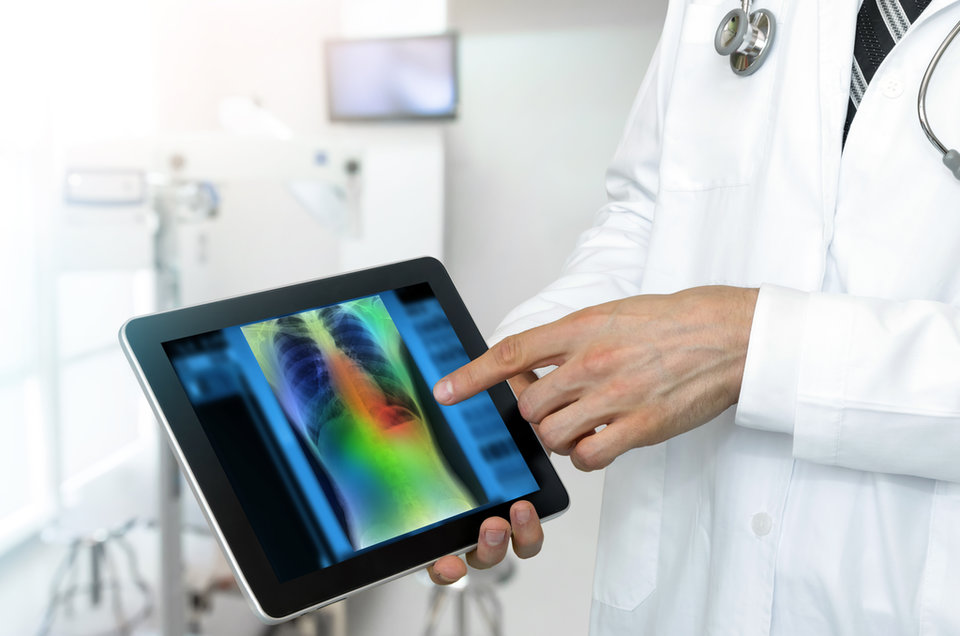
AI-powered platforms expand further into traditional healthcare
Artificial intelligence (AI) has been widely used in the medical industry since the Covid-19 pandemic has spread all over the world.
According to GlobalData analysis, in the coming years, digital health tools and technologies are expected to witness higher adoption due to the growing burden on healthcare systems.
AI is of particular interest due to its capabilities in image analysis, track and tracing, and improved assessment and data analysis in a very short period compared to humans. According to GlobalData forecasts, the market for AI/machine learning platforms will reach $52bn in 2024, up from $29bn in 2019.
CorticoMetrics LLC is a US-based company specialising in improving the state of clinical decision-making in neuroradiology, augmenting qualitative assessment with quantitative analysis of magnetic resonance imaging (MRI) scans of the brain.
The US Food and Drug Administration (FDA) has granted 510(k) clearance for a recent CorticoMetrics’ product, THINQ. THINQ is an AI-based software for improved MRI brain volumetric reporting that can help radiologists and neurologists with the assessment of various brain disorders. The software can automatically provide measurements and visualisations of a brain structure using the segmented MRI image of a brain.
Furthermore, AI is capable of improving the traditional approach of image processing by reducing the time needed to analyse the images and helping radiologists with quality control process and error detection.
US-based company Braid received FDA clearance for its AI-powered diagnostic collaboration software. The AI-powered mobile platform allows medical professionals to easily access, review and share the images with patients on any mobile device.
The rapid surge of AI-powered platforms in traditional healthcare will further improve and make it more effective. AI will greatly contribute to reducing the time needed to diagnose and treat patients and will make communication between medical personnel and patients easier and quicker.
For more insight and data, visit GlobalData's Medical Intelligence Centre
comment from